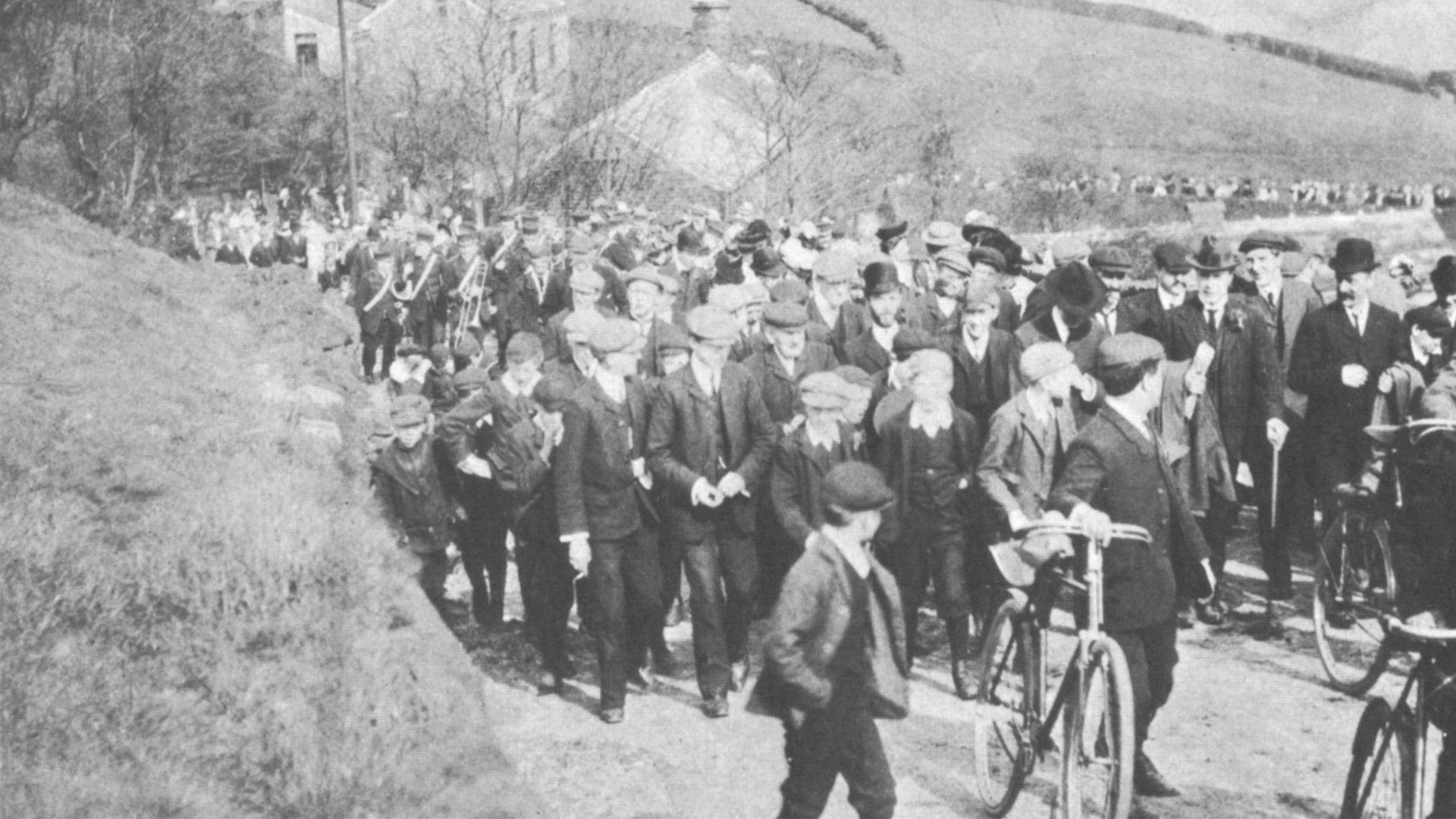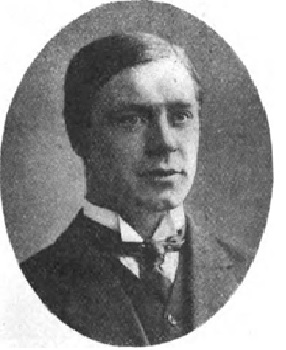
My name is Tom Chappelow, and for my Masters I am studying political oratory. Great moments in political oratory: Obama’s victory in Chicago. Churchill’s blood, toil and tears in Westminster. King’s dream under Lincoln. Grayson’s new hairstyle in Marsden. Cierco’s lacerations in the Sen—wait. Hairstyle? Marsden? Welcome to the offbeat, charming and unpredictable world of Victor Grayson, the first socialist MP for Colne Valley.
Britain has a rich tradition of political speakers communicating in ways that were not very politic. One of the finest examples is this letter in 1733 from Anthony Henley MP, in response to a letter from his constituents:
Gentlemen,
I received yours and am surprised by your insolence in troubling me about the Excise. You know, what I very well know, that I bought you.
And I know what perhaps you think I don’t know: you are now selling yourselves to Somebody Else; and I know what you do not know: that I am buying another borough. May God’s curse light upon you all: may your houses be as open and common to all Excise Officers as your wives and daughters were to me, when I stood for your scoundrell corporation.
Victor Grayson stands apart from the political mavericks who went before, not least because his headstrong eccentric nature did not derive from aristocratic privilege. Standing to become Member of Parliament for Colne Valley in 1906, Grayson managed to win as an independent socialist, even with no support whatsoever from the Independent Labour Party (ILP), who were incensed about his selection. Procedural irregularities and personal dislike made him an unpopular candidate in the eyes of the ILP’s executive committee. John Glasier, the ILP’s Chair, branded Grayson a “young, cheap orator”. He was, remarked Glasier, “not at all the type we want to get into Parliament”.
Parliament was of course exactly where Grayson ended up, winning in 1906 by 158 votes. It was a sensation. Young, unaffiliated and a fiery and passionate speaker, Grayson had skipped past the men who, as Keir Hardie put it, had “grown grey” as part of the socialist movement. Had anyone expected the green benches and starched collars of the Palace of Westminster to temper Grayson’s forge-fresh oratorical steel they would be disappointed. His maiden speech, by tradition less partisan, railed against poverty and the cosy political entente between government and opposition which saw them argue with passion only about relative trivialities. Over time he became even more strident a critic of the processes of Parliament, being ejected for the chamber for demanding that the House discuss the issue of poverty.
Grayson was also a womaniser. The Clarion’s editor Robert Blatchford wrote to his daughter about his friend Grayson, with whom she was infatuated, warning her that his friend was a “cad” and to stay away from him. Indeed he was charming to a fault. In 1906 he interrupted his own election speech in Marsden to address the women in the audience. “I’ve changed my hairstyle, ladies. Do you like it?”
Offbeat, charming, unpredictable: Victor Grayson – a great political orator.

History at Huddersfield uses research-led teaching and a commitment to public engagement to ensure that what we do is both useful to society and beneficial to the employability of our students. We see our students as researchers – partners in the development of knowledge with academic staff, often through co-production of knowledge with community partners. For more information see http://www.hud.ac.uk/courses/full-time/undergraduate/history-ba-hons/ and http://www.hud.ac.uk/research/history/
You can email us at historyadmissions@hud.ac.uk
